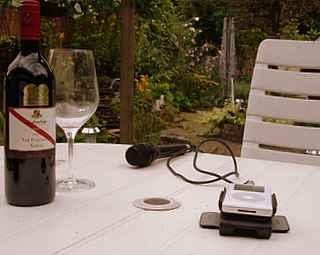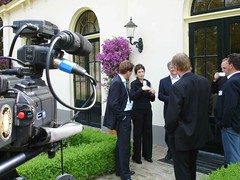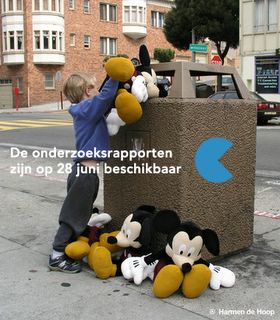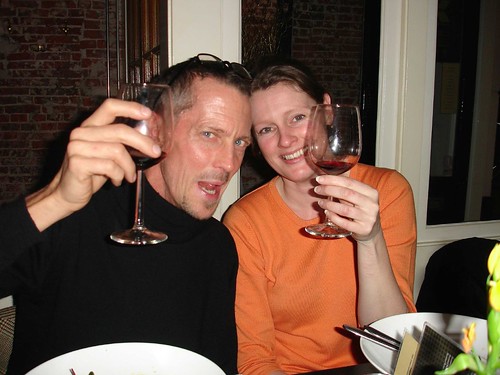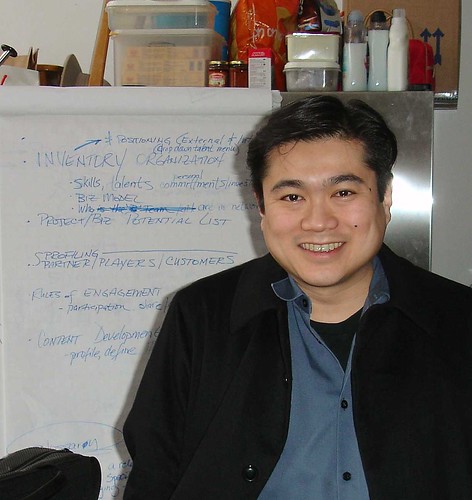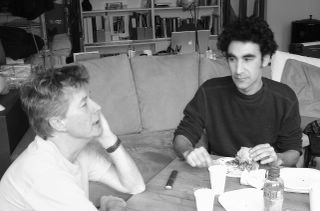A very neat way to find out whether Google "understands" your site, is by adding AdSense to it.
AdSense is disguised, wrong, "not done". Yet I know a guy that makes about $15k a month with AdSense. I have some sites on which I try to monetize my traffic as well, but I'm happy when I make $100 a month!
But then again - I'm not optimizing my sites for AdSense.
On the contrary.
I am making a considerable amount of money using Adwords. Google Adwords allows me to drive traffic to where I need it. Very cool! Except that it's paid traffic. While there are vast amounts of free traffic out there as well.
Free website traffic originates from people that start their browser, go to Google, and type what they're looking for. If Google thinks your site is all about whatever that person is looking for, you'll be on Google's page one. For that search term.
That's great, because that is *free* traffic. You want as much from that as you possibly can get!
...
But how do you know if Google recognizes your theme? How can you tell whether Google will indeed send specific "searchers" your way?
Easy.
Add some AdSense code to your pages, and watch which ads Google is displaying on your site. If they're appropiate to your site's content... congratulations! You were able to build a theme that Google can recognize.
But if your site is about widgets and all Google ads are about tennis rackets... then something went wrong somewhere.
But again - solving your problem is easy. Just alter your text, add your AdSense code again, and watch which ads are shown!
This is the fastest, easiest, cheapest and most accurate way you'll ever find to identify the theme of your site according to Google.

